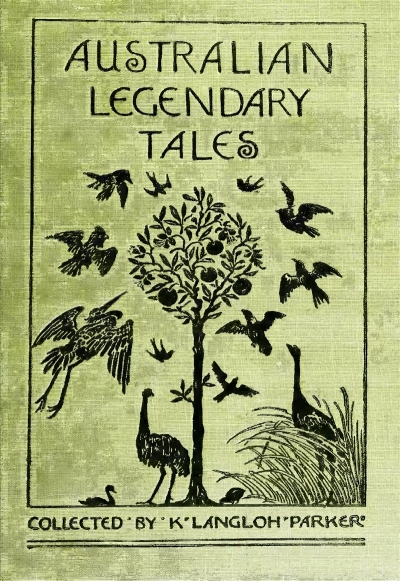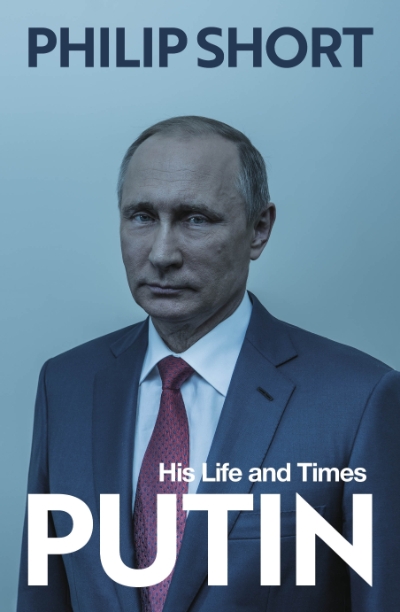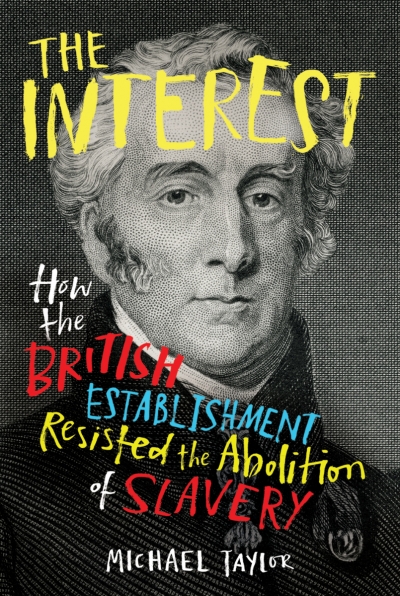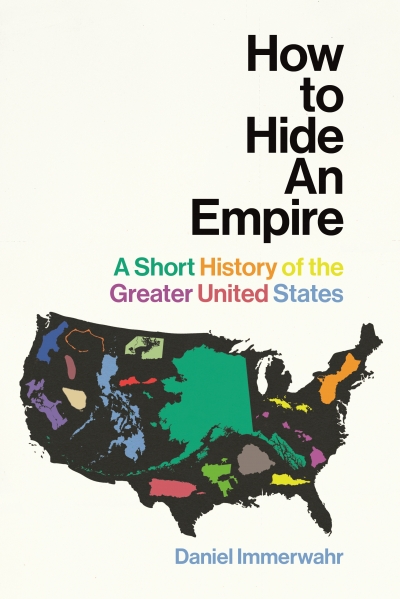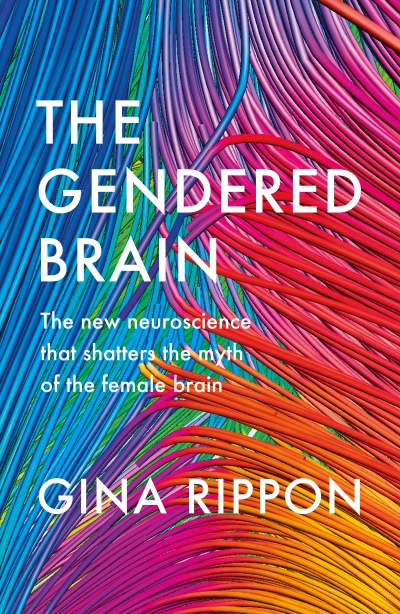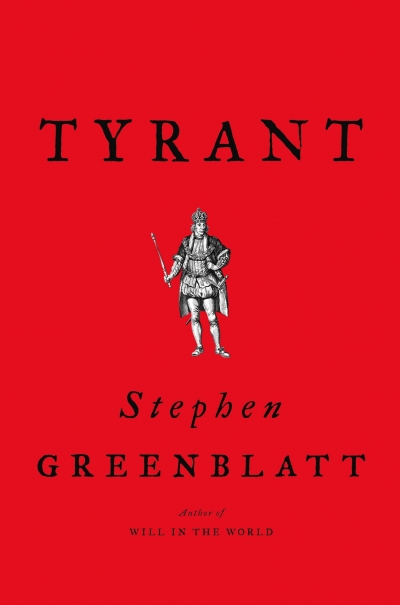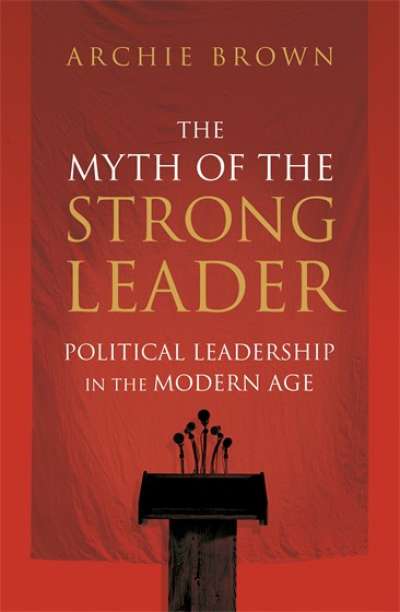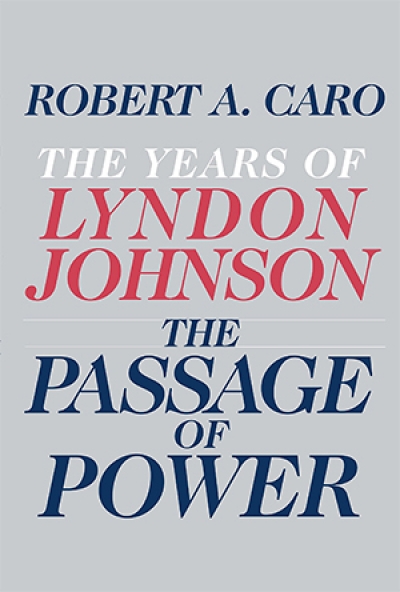Bodley Head
The Interest: How the British establishment resisted the abolition of slavery by Michael Taylor
by Georgina Arnott •
How To Hide An Empire: A short history of the greater United States by Daniel Immerwahr
by Andrew Broertjes •
The Gendered Brain: The new neuroscience that shatters the myth of the female brain by Gina Rippon
by Nick Haslam •
The Myth of the Strong Leader: Political leadership in the modern age by Archie Brown
by Stephen Mills •
The Years of Lyndon Johnson: The Passage of Power by Robert A. Caro
by Peter Heerey •

